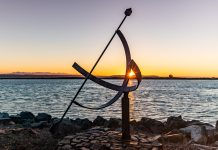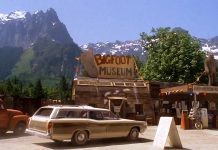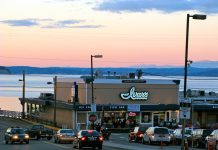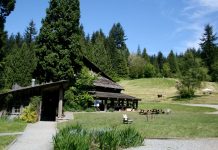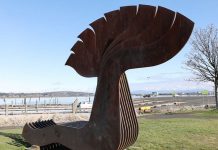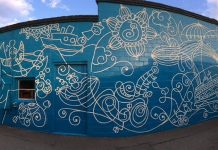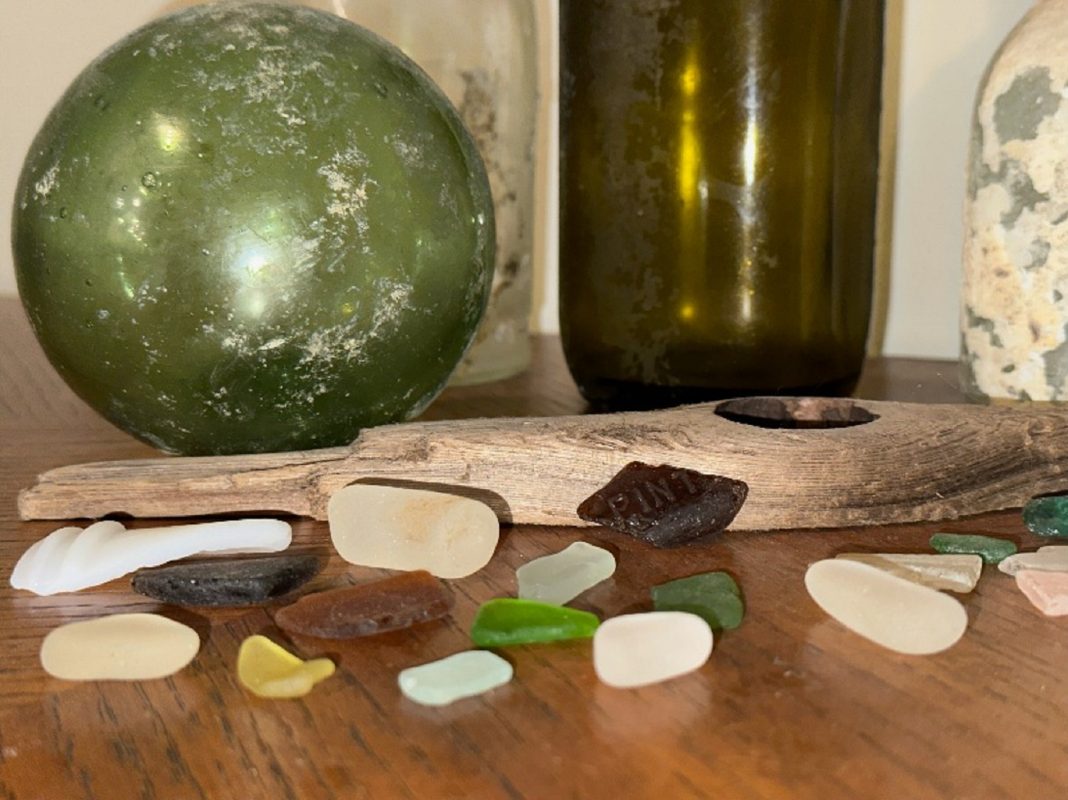Whether you’re just visiting the beach and taking home a shell or rock as a souvenir or spending hours searching the shoreline, beachcombing is an essential part of a trip to the ocean. Children and adults alike can enjoy the sand and salty air while searching for treasures. With over 3,000 miles of coastline, Washington is the perfect place to start your treasure hunt, and Grays Harbor County boasts some of the best beachcombing spots in the state. Here is a guide for Washington Coast beachcombing.
Seashells, agates, rocks, sea glass, driftwood, and fossils are the most commonly found items, while some lucky combers have found jetsam and flotsam such as old pottery, messages in bottles, glass fishing floats, and even a 3-foot-tall statue of Ebisu, one of the Japanese Gods of Fortune, which was donated to Ocean Shores’ Coastal Interpretive Center’s beachcombing exhibit.
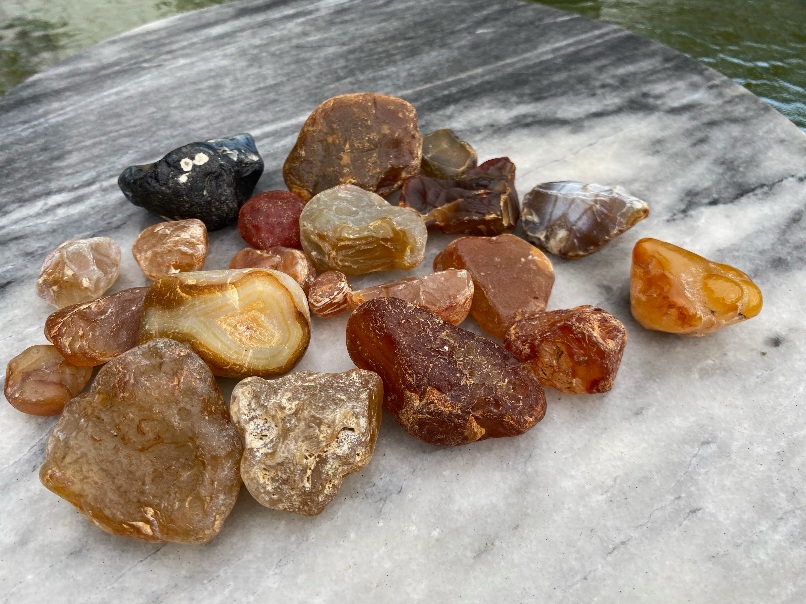
Grays Harbor Beachcombing at Bottle Beach State Park
Located conveniently off of Highway 105 between Aberdeen and Westport in Grays Harbor, Bottle Beach State Park offers a unique experience with a .7-mile ADA Accessible Interpretive Trail that leads out to the beach, which was aptly named for the plethora of sea glass that washes ashore. While the park is known for its open tide flats and abundant bird watching, you can find driftwood, agates, shells, and, of course, sea glass on the beach. There’s nearby camping at Twin Harbors State Park or lodging and dining in Westport. Head south on the coast, and you’ll also be able to beach comb at Grayland Beach, which is known for its driftwood, moon shells and periwinkles.
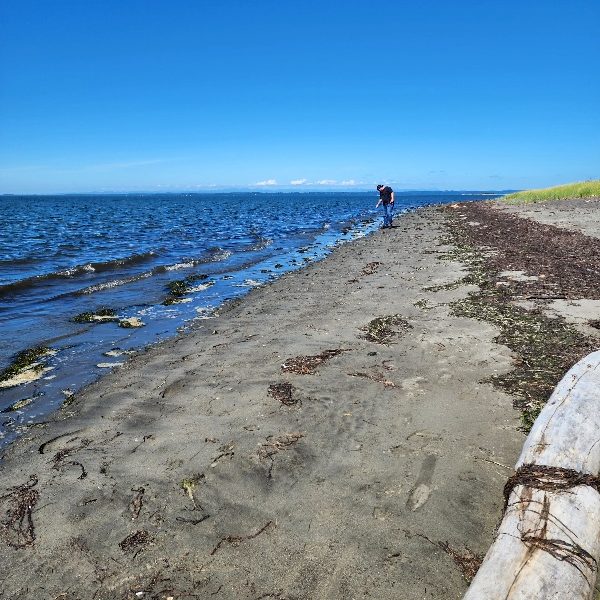
Grays Harbor Beachcombing at Damon Point State Park
Once called Protection Island, Damon Point State Park in Ocean Shores is roughly two miles long and boasts a variety of activities for the whole family, beachcombing included.
“In my opinion, Damon Point is probably one of the best places to beach comb in Washington,” says beachcombing hobbyist Kayla Shelton. “You can find agates, petrified wood, red poppy jasper, and pieces of coal from the SS Catala that ran aground during a storm in 1965. I have even found agatized sea shells, fossilized clam shells, and snowflake obsidian.”
“Damon Point has always been great for agates and sea glass,” agrees Shelton’s cousin and fellow beachcomber, Emma Raub. Damon Point is also known for having intact cockle shells and sand dollars.
On a clear day, beachcombers can see the Olympic Mountains and Mount Rainier on the horizon, and often, whale spouts are spotted in the bay. If you visit at low tide, stay close to the entrance and explore the tide pools, where you can see snails, barnacles, mussels, anemones, crustaceans and sea stars. The nearby Coastal Interpretive Center offers guided tide pool explorations during the summer to teach visitors how to safely explore the pools while practicing tide pool etiquette.
Dining and overnight lodging are available just a mile down the road at Oyhut Bay Seaside Village. After spending the day at the beach, grab a refreshing drink at Corks & Taps or dinner at family-friendly Oyhut Bay Grill.
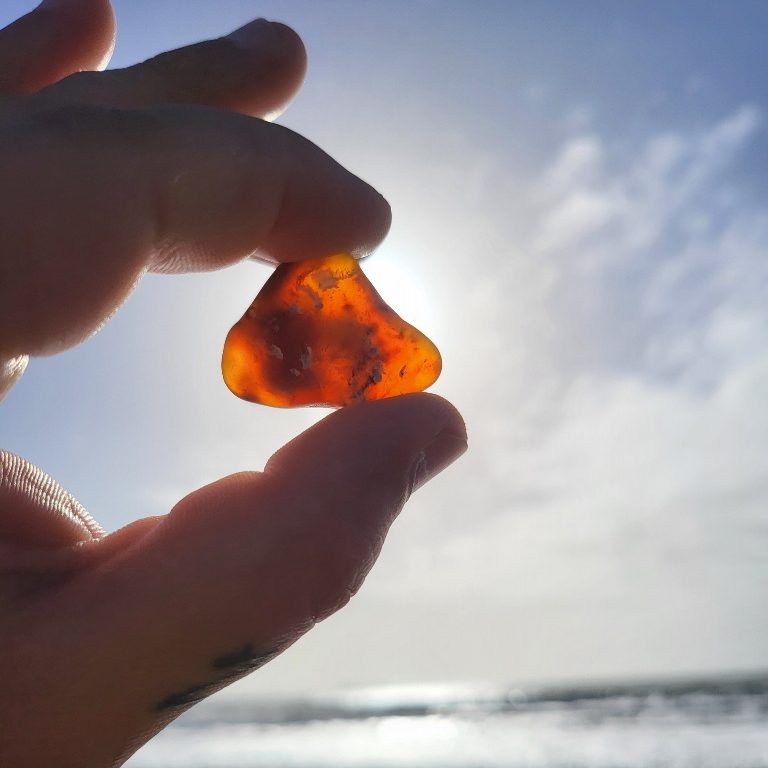
Grays Harbor Beachcombing at Roosevelt Beach
Further up the coast, Roosevelt Beach is known for being a great vantage point for whale watching. The flat beach and clear view make it a great place to have a day of combing the beach and picnicking.
“Roosevelt Beach is where I found my first glass float after a storm, and I have found all my bottles there,” says Raub.
Just north of Roosevelt Beach is “Washington’s Beach Town” Seabrook, which has a dog-friendly beach area, multiple dining options, and overnight lodging. Seabrook hosts many year-round events to coordinate your beachcombing trip with.
While overnight camping isn’t allowed on most beaches, the exception is nearby Pacific Beach State Park, which offers both tent and RV camping to add to your beachcombing adventure.
When to Beachcomb on the Washington Coast
While beachcombing is a great year-round hobby and is arguably most enjoyable on a sunny summer day, the strong winds, currents, and storms make late winter and early spring the best potential for a unique find. Storms that bring in westerly and southwesterly winds bring the most long-range jetsam and flotsam ashore.
Going beachcombing the day after a storm during a descending low tide will bring you the best chance of finding recently deposited organic material and other debris (i.e., potential treasure!) in the wrack line.
Sponsored


